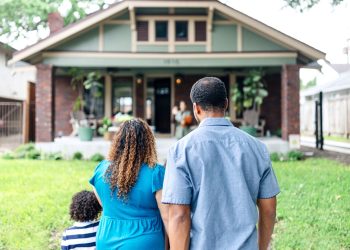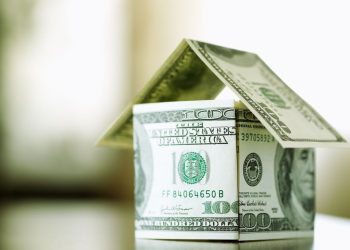RISMEDIA, June 21, 2010—Fannie Mae recently announced that the company will institute a new, national policy that provides relief for homeowners who have problem drywall in their homes. Under the company’s broad “Unusual Hardships” policy, Fannie Mae will direct its servicers to provide qualifying borrowers who have problem drywall up to six months of forbearance on their mortgage loan payments. The company will also instruct servicers to minimize the derogatory credit impact for borrowers who are current on their loans and complying with the terms of the forbearance.
“This relief is intended to help borrowers who need payment flexibility as they take steps to mitigate problems with problem drywall,” said Terry Edwards, Executive Vice President. “The issue potentially affects thousands of homeowners in a number of states, and we want to support those who are responsibly trying to honor their mortgage obligation in good faith while correcting the problem and protecting the health and safety of their families.”
Fannie Mae servicers will be required to document and evaluate each borrower’s circumstances on a case-by-case basis, and require a property inspection to confirm the existence of the problem drywall. When a servicer determines that a borrower has an unusual hardship such as problem drywall that affects the borrower’s ability to continue making mortgage payments, then the servicer may offer forbearance terms initially for no more than six months. Extended terms require Fannie Mae approval.
Fannie Mae will also direct servicers to minimize the derogatory credit impact for eligible borrowers. For a borrower who is current when the forbearance is granted, the servicer will report as “current but on a modified payment” if the borrower is complying with the terms of the forbearance. For a borrower who is delinquent when the forbearance is granted, the servicer will continue delinquency reporting.
Defective drywall was imported in large quantities and used by some homebuilders and contractors during the housing boom and after the Gulf Coast hurricanes in 2005. The defective drywall has been linked to possible health effects and has been reported to cause corrosion of electrical wiring, appliances, heating and air conditioning systems and other fixtures.
Fannie Mae’s “Unusual Hardships” policy will go into effect in mid-July, and additional details will be made available at that time on www.efanniemae.com.
For more information, visit www.fanniemae.com.










